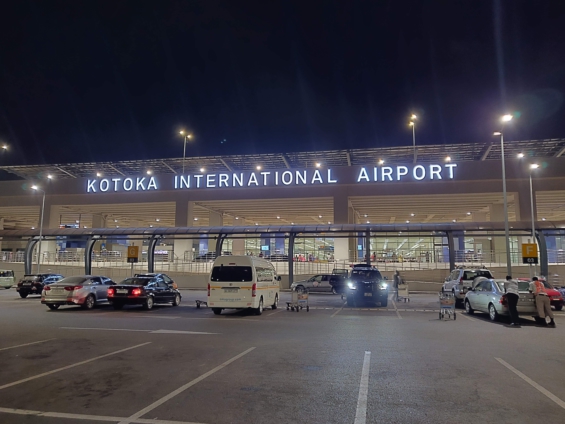South Africa's Roadways Terrorized by Cash-in-transit Heists
South Africa is grappling with a steep surge in violent crime, characterized by frequent security van heists and a murder rate at a two-decade high, posing a significant challenge for the government and the populace as the country approaches a pivotal election year—one of the most competitive since the advent of democracy in 1994.
READ ALSO: Somalia Rejects Government Negotiation With Ethiopia Over Somaliland Port Contract
The latest annual statistics reveal a grim toll, with over 27,000 individuals killed in a single year, while the percentage of cases solved has plummeted to a disconcerting 12%. This decline in solved cases underscores a troubling norm—getting away with murder has become distressingly commonplace.
The confluence of high crime rates, poverty, and unemployment has magnified the pervasive sense of insecurity across society. The boldness of violent criminals is aptly exemplified through the brazen and widely publicized phenomenon of cash-in-transit hijackings, locally known as CIT.
These heists involve deliberate vehicular attacks on security vans carrying money, with armed criminals using explosives to raid safes, often amid traffic on busy daytime roads. The sophistication and military precision of these operations have left security personnel grappling to counter the transgressions. Wahl Bartmann, head of security firm Fidelity Services Group, likened these organized gangs to a "terrorist group," highlighting the formidable challenge they pose.
The dire situation has prompted urgent calls for government intervention, especially regarding CIT services, which are critical for disbursing social grants, as well as facilitating cash movements for financial institutions and retailers. However, the perils faced by security personnel are starkly evident, with fifteen guards from a leading security firm having lost their lives in robberies last year.
This perilous landscape has reverberated through daily life, marked by a striking prevalence of private security officers, who often outnumber police counterparts. Lizette Lancaster of South Africa's Institute for Security Studies highlighted how the "private securitisation of public spaces" has become pervasive in many areas, underscoring a broader sense of public dissatisfaction with law enforcement's effectiveness.
READ ALSO: Turkey Fines Son of Somali President Over Car Accident That Killed a Courier
The escalating crime rates have placed the ruling African National Congress (ANC) under intense pressure to address the ongoing crisis. While the murder rate witnessed a decline in the years following apartheid, it has surged by a staggering 77% in recent times, returning to levels last seen two decades ago. Simultaneously, the dwindling rates of crime detection have compounded the issue, plummeting by over 60% since 2012, leading to a distressing scarcity of solved cases.
The looming elections amid these challenging circumstances have amplified the urgency for decisive action on the part of the government, with the need to address the rising violent crime embedded as a critical electoral issue. The gravity of these challenges underscores the imperative for robust, effective responses, as the nation grapples with these complex and deeply embedded issues.





Comments
Post a Comment